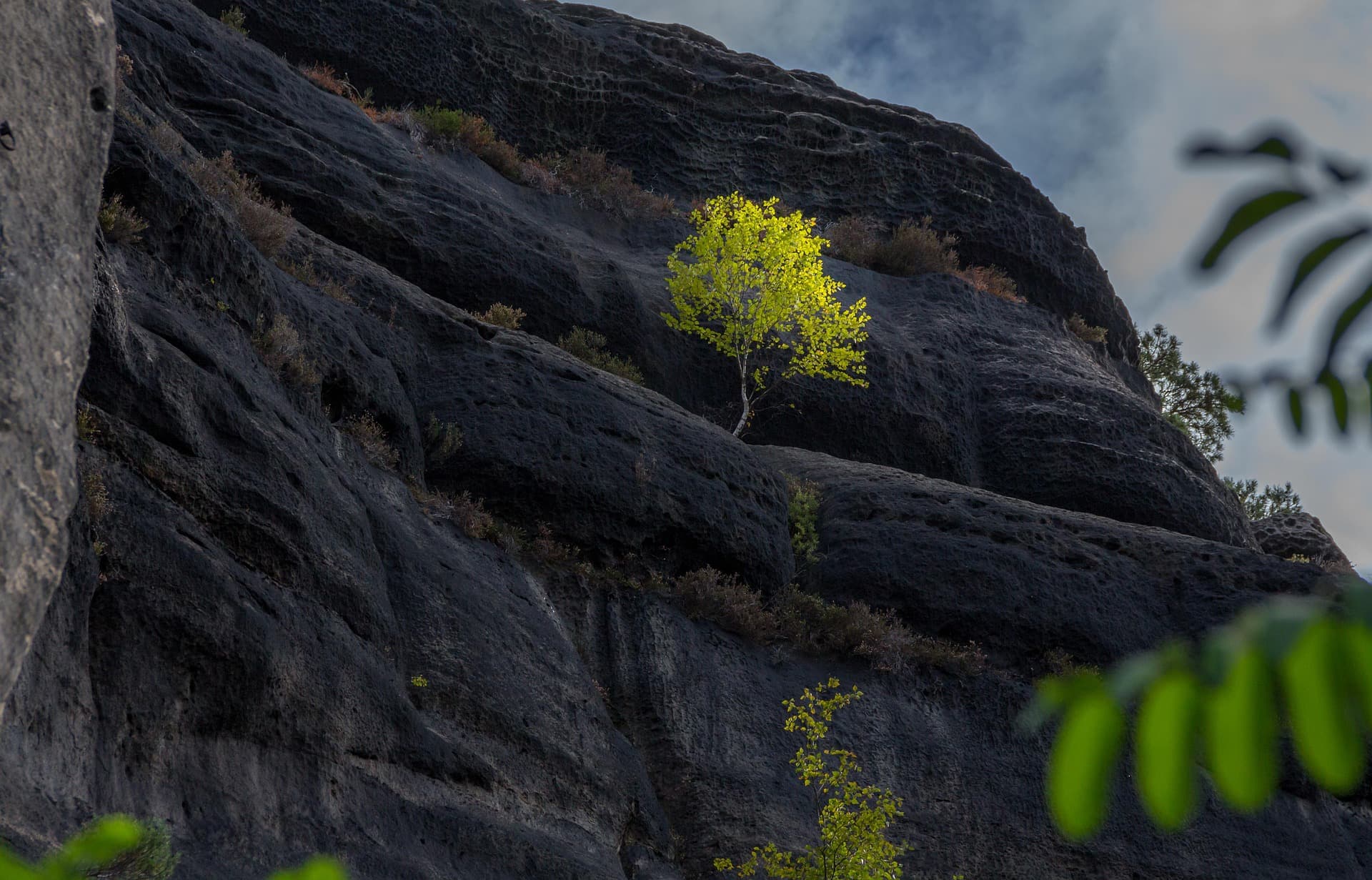Local non-profit civic organization
The Role of Geological Consulting in Understanding and Protecting Ecosystems

Geological consulting plays a crucial role in fostering an understanding of the dynamic processes shaping our environment and the ecosystems that depend on them. By integrating scientific expertise with actionable insights, geological consulting supports the sustainable management of natural resources and helps address environmental challenges. In the context of programs like Great Lakes Worm Watch, geological consulting can contribute significantly to understanding the intricate relationships between soil, geology, and ecological health, providing a foundation for effective conservation strategies.
The Importance of Geological Consulting in Ecosystem Studies
Geological consulting encompasses a broad spectrum of services, from soil analysis and hydrology to geospatial mapping and environmental impact assessments. These services are vital in understanding how geological processes influence ecosystems, including:
- Soil Composition and Health: Identifying soil properties that affect plant growth, water retention, and microbial activity.
- Erosion and Sedimentation: Assessing how erosion and sediment transport impact aquatic habitats and soil stability.
- Hydrological Studies: Understanding the movement of water through landscapes, including its role in sustaining ecosystems and preventing contamination.
- Geospatial Analysis: Using advanced mapping techniques to monitor changes in land use, vegetation, and geological features.
These insights are invaluable for programs like Great Lakes Worm Watch, which aim to mitigate the ecological impacts of exotic earthworms by understanding their interaction with soil and forest ecosystems.
Exotic Earthworms and Geological Implications
The introduction of exotic earthworms into the Great Lakes region has profoundly altered local ecosystems. These species, often transported by human activity, disrupt the natural composition of the forest floor, leading to:
- Loss of Organic Layers: Earthworms consume the organic material that forms the forest floor, reducing its depth and altering soil composition.
- Changes in Soil Structure: Increased mixing of soil layers affects nutrient cycling and water infiltration.
- Ecosystem Cascade Effects: Altered soil conditions impact understory plant communities, macroinvertebrates, and other forest inhabitants.
Geological consulting can help quantify these changes and predict their long-term effects on soil stability and ecosystem resilience. By studying the interaction between geology and biology, consultants provide critical data to guide conservation efforts.
Tools and Techniques in Geological Consulting
Modern geological consulting leverages cutting-edge tools and techniques to deliver precise and actionable results. Some key methods include:
- Remote Sensing and GIS Mapping: High-resolution imagery and geospatial data allow for detailed analysis of landscape changes over time.
- Soil Sampling and Laboratory Testing: Chemical and physical testing of soil samples provides insights into nutrient availability, contamination levels, and structural properties.
- Hydrological Modeling: Simulating water movement through soil and rock layers helps predict the effects of land-use changes and climate variability.
- Geophysical Surveys: Non-invasive methods like ground-penetrating radar provide valuable data on subsurface structures.
By applying these technologies, geological consultants can uncover patterns and processes critical to ecosystem management and restoration.
Case Study: Applying Geological Consulting in the Great Lakes Region
The Great Lakes region presents a unique set of challenges and opportunities for geological consulting. The interplay between glacial geology, rich biodiversity, and human activity makes this an ideal area for integrated studies.
Understanding Soil Impacts
The region’s glacial history has shaped its soils, which support diverse forest ecosystems. Exotic earthworms, however, are changing these soils at an alarming rate. Geological consultants can help identify areas most vulnerable to these changes and suggest mitigation strategies, such as preserving undisturbed habitats and implementing soil restoration techniques.
Protecting Aquatic Habitats
Sedimentation and erosion, often influenced by geological and human factors, threaten the health of aquatic ecosystems. By studying the geological processes driving these changes, consultants can recommend interventions to stabilize soils and reduce sediment transport into waterways, protecting fish and amphibian populations.

Supporting Conservation Policies
Geological consulting provides the data and analysis needed to shape effective conservation policies. From mapping worm-free zones to evaluating the long-term impacts of soil changes, these insights are vital for guiding public and private efforts to protect the region’s ecological integrity.
Geological Consulting and Citizen Science
Programs like Great Lakes Worm Watch demonstrate the power of citizen science in addressing environmental challenges. Geological consulting complements these efforts by providing the scientific framework and tools needed to analyze citizen-collected data. By partnering with citizen scientists, geological consultants can:
- Enhance Data Accuracy: Provide training and resources to improve data collection methods.
- Broaden Research Scope: Use volunteer networks to expand the geographic range of studies.
- Foster Public Engagement: Translate complex geological findings into actionable insights for communities.
This collaboration creates a powerful synergy, combining grassroots participation with professional expertise to tackle ecological issues effectively.
Challenges and Opportunities in Geological Consulting
While geological consulting offers immense benefits, it also faces challenges, including:
- Data Accessibility: Ensuring that high-quality data is available for analysis, particularly in remote or under-studied areas.
- Balancing Stakeholder Interests: Navigating the competing priorities of conservation, development, and resource use.
- Climate Change: Adapting to rapidly changing conditions that alter geological and ecological baselines.
Despite these challenges, advances in technology and growing public awareness provide opportunities for geological consulting to make a lasting impact. By embracing innovation and collaboration, consultants can address pressing environmental issues while promoting sustainable development.
The Future of Geological Consulting in Conservation
As environmental challenges become more complex, the role of geological consulting will continue to evolve. Key trends shaping the future include:
- Integration of Multidisciplinary Approaches: Combining geology with biology, chemistry, and social sciences to address ecosystem challenges holistically.
- Focus on Sustainability: Incorporating sustainability metrics into consulting practices to align with global conservation goals.
- Advances in Technology: Leveraging AI, machine learning, and real-time monitoring to improve accuracy and efficiency.
- Stronger Partnerships: Building collaborations between governments, NGOs, academia, and private firms to maximize impact.
Geological consulting is a vital component of efforts to understand and protect ecosystems. By offering expert analysis and innovative solutions, consultants enable informed decision-making and effective conservation strategies. Companies like K-MINE exemplify the integration of geological consulting with cutting-edge technology, providing insights that drive sustainable management and long-term ecological health.



